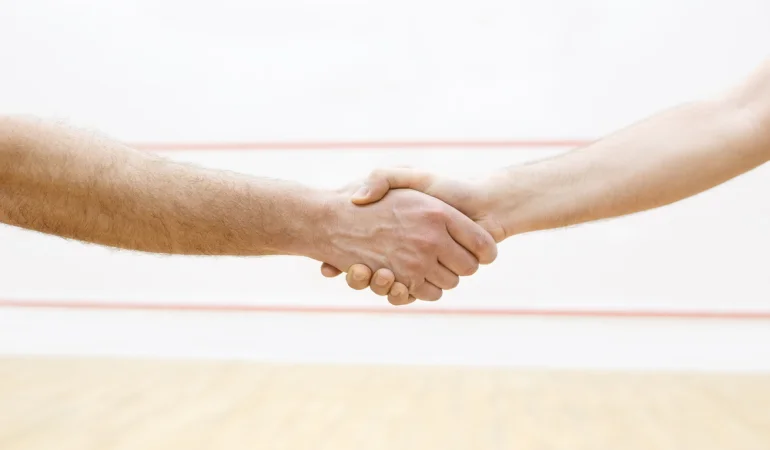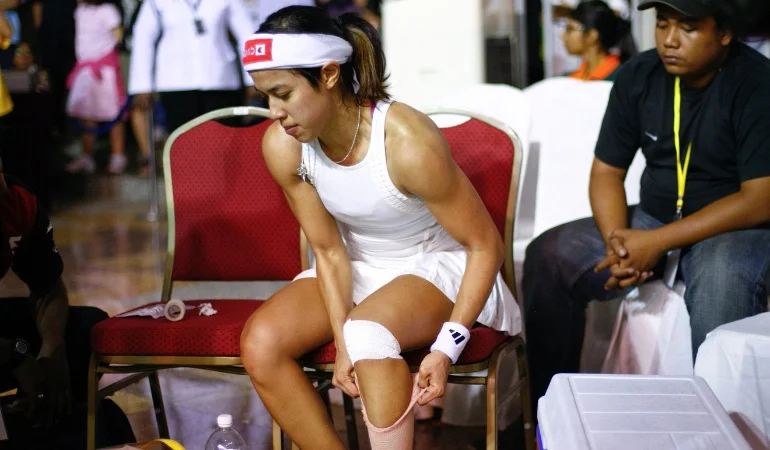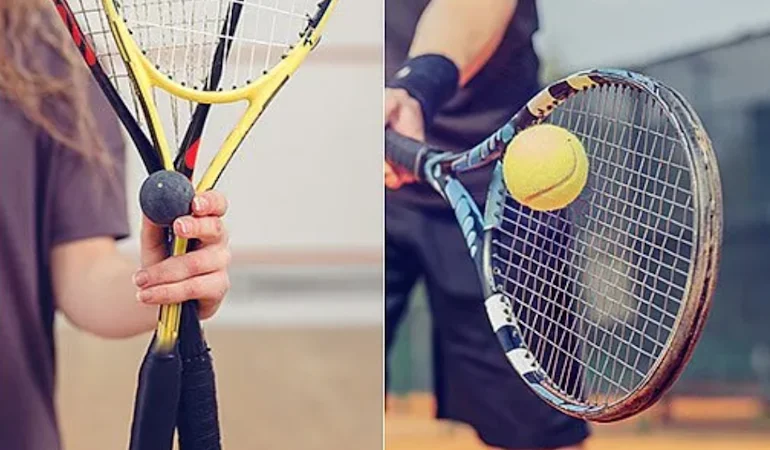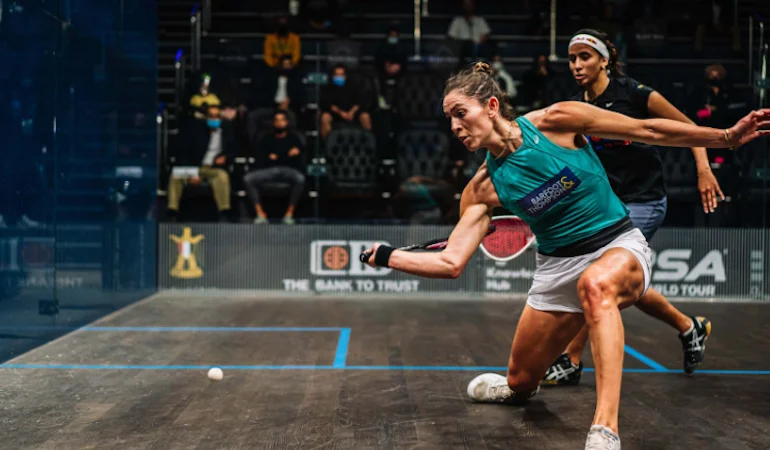Squash Etiquette and Code of Conduct

Squash, a high-energy racket sport played in a confined indoor court, demands not only physical agility and strategic acumen but also a keen sense of etiquette and sportsmanship. Adhering to squash etiquette and the established code of conduct ensures a respectful, safe, and enjoyable experience for all participants. Here, we delve into the essential aspects of squash etiquette and the code of conduct that govern the sport.
Pre-Match
Arriving on time for your scheduled match or practice session is fundamental. It shows respect for your opponent’s time and allows for a full session without interruptions.
Ensure the court is clean and free of debris before starting your game. This includes wiping down walls and floors if necessary. It’s also courteous to check that the lighting and ventilation systems are functioning properly.
On-Court Etiquette
A proper warm-up is crucial for preventing injuries and ensuring a competitive match. Share the warm-up time equally with your opponent, usually around five minutes, and ensure both players are ready before starting the match.
Respect is paramount in squash. This includes:
- No Physical Contact: Avoid any form of physical contact with your opponent. Squash is a non-contact sport, and accidental collisions should be followed by a quick apology.
- Giving Space: Ensure you provide your opponent with adequate space to play their shot. Interfering with your opponent's swing can lead to injury and penalties.
- Silent Play: Avoid unnecessary noise or commentary during the rally. It’s distracting and can be deemed unsportsmanlike.
During the Match
Fair play is the cornerstone of squash etiquette. This involves:
- Honesty: Call your own shots accurately, including any that might be out of bounds or not up. If in doubt, offer to replay the point.
- Stroke and Let Decisions: Respect the referee’s decisions regarding strokes and lets. If there is no referee, make these calls impartially, considering the spirit of the game.
- Service Rules: Adhere strictly to the rules governing serves. This includes ensuring the ball hits the front wall above the service line and lands in the correct quarter of the court.
If your match includes an official referee, respect their authority and decisions. Arguing with officials is considered poor etiquette and can lead to penalties.
Post-Match Conduct
A handshake at the end of the match, regardless of the outcome, is a traditional gesture of sportsmanship and respect. This acknowledges the effort and skill of both players.
After your match, take a moment to clean the court. This includes picking up any broken strings, wiping up sweat marks, and ensuring the court is left in good condition for the next players.
If playing in a casual setting, a brief discussion about the match can be beneficial. Offering constructive feedback and acknowledging good play fosters a positive and collaborative squash community.
General Conduct
Wear proper squash attire, including non-marking shoes to avoid damaging the court surface. Eye protection is also recommended to prevent injuries.
Regularly check and maintain your equipment. Ensure your racket is in good condition and replace worn-out grips or strings as needed. This not only enhances your performance but also respects the game’s standards.
Maintain a positive attitude regardless of the match outcome. Encourage others, be supportive, and always strive to improve your own skills and conduct.
Sum Up
Squash etiquette and the code of conduct are integral to the sport, fostering a respectful and enjoyable environment for all participants. By adhering to these guidelines, players contribute to a culture of fairness, safety, and mutual respect. Whether you are a seasoned player or a newcomer, understanding and practicing proper squash etiquette ensures that the spirit of the game is upheld, making it a rewarding experience for everyone involved.

Frequently Asked Questions
Partners & Sponsors






